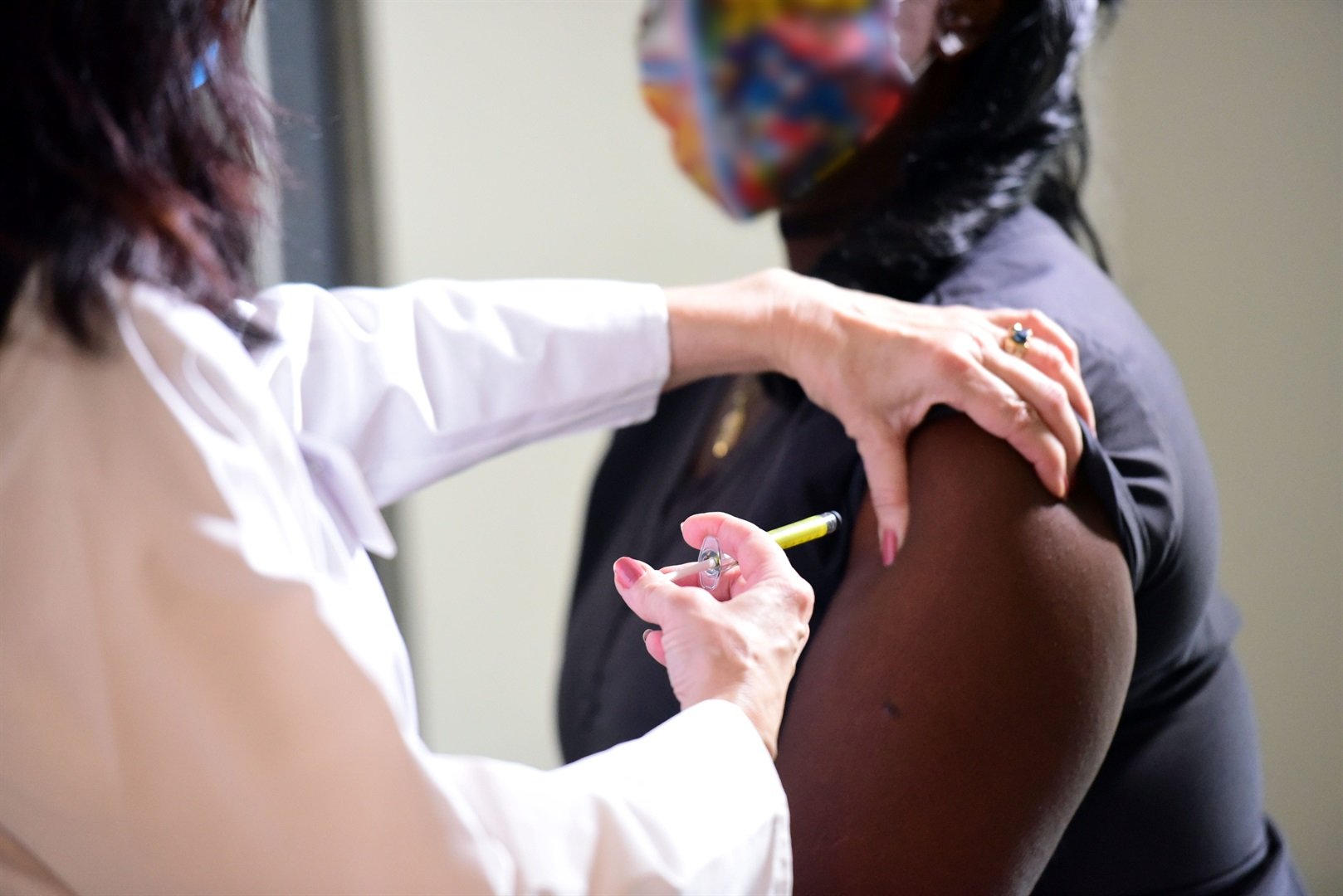
- South Africa is working on a partnership with an American bioprocessing company to develop its vaccine-manufacturing capabilities.
- The partnership could give South Africa the ability to produce vaccines, cancer treatments and medication for chronic illnesses.
- The Department of Science and Innovation said it would look at various research and technology partnerships over the next year and a half.
Over the next 18 months, South Africa will look at partnerships to grow its vaccine-manufacturing capabilities, including a potential collaboration with a USA-based vaccine producer.
Speaking during a briefing to the National Press Club, Department of Science and Innovation director-general, Dr Phil Mjwara, said South Africa would be looking for research and technology partners to "close the gap" in the country's manufacturing process.
"Localising the vaccine technology approach is necessary, considering the prevalence of a strain in South Africa that could affect the efficacy of some vaccines," he said.
One of the potential partnerships is with Kentucky Bioprocessing (KBP), owned by British American Tobacco.
The CSIR and the Development Bank of Southern Africa (DBSA) would like to transfer plant-made vaccine technology from KBP, according to a presentation by Mjwara, with the possibility of localising the vaccine technology.
"There is some consideration being given to conducting some phases of clinical development in South Africa as part of the potential technology transfer approach, adjusting technology for new variants," said Mjwara.
The KBP team will be engaging with the South African Health Products Regulatory Authority (Sahpra) "to explore possible strategies on the basis of the KBP vaccine and its properties", Mjwara said.
The partnership could allow South Africa to produce "high-value biotechnology drugs" to treat infectious diseases, cancer, and other chronic illnesses.
The vision is that the facility, if established, should be able to supply vaccines and medicines to sub-Saharan Africa.
The department is also considering support for a "One Health national vaccine prototype platform".
This platform harnesses national expertise in developing vaccine prototypes for humans and animals, and a consortium has been created between five institutions and includes pilot scale manufacturing, Mjwara added.
Mjwara said that while the country had some capability in the biotechnology sector, the government still had work to do, filling the areas in which the country lack expertise.
"We do have pockets of excellence. But we haven't applied our minds to pulling these together before. There are still gaps and we will be looking for technology and research partners to fill these over the next 18 months," he said.
